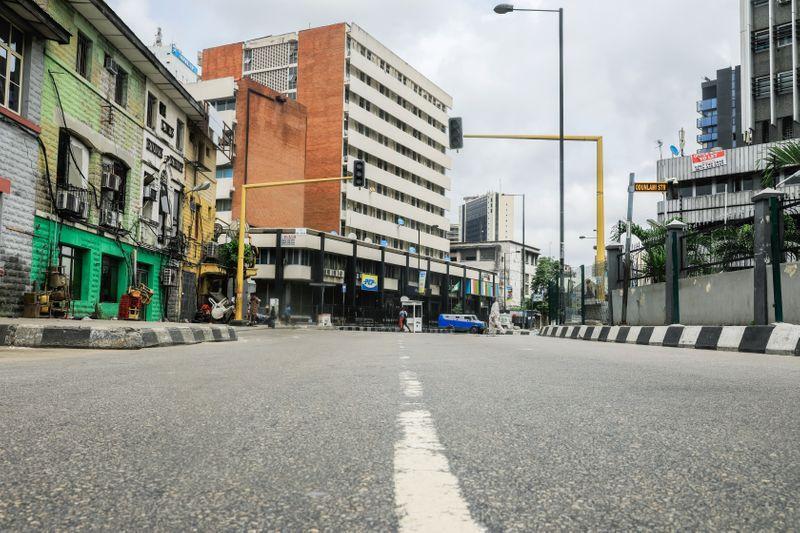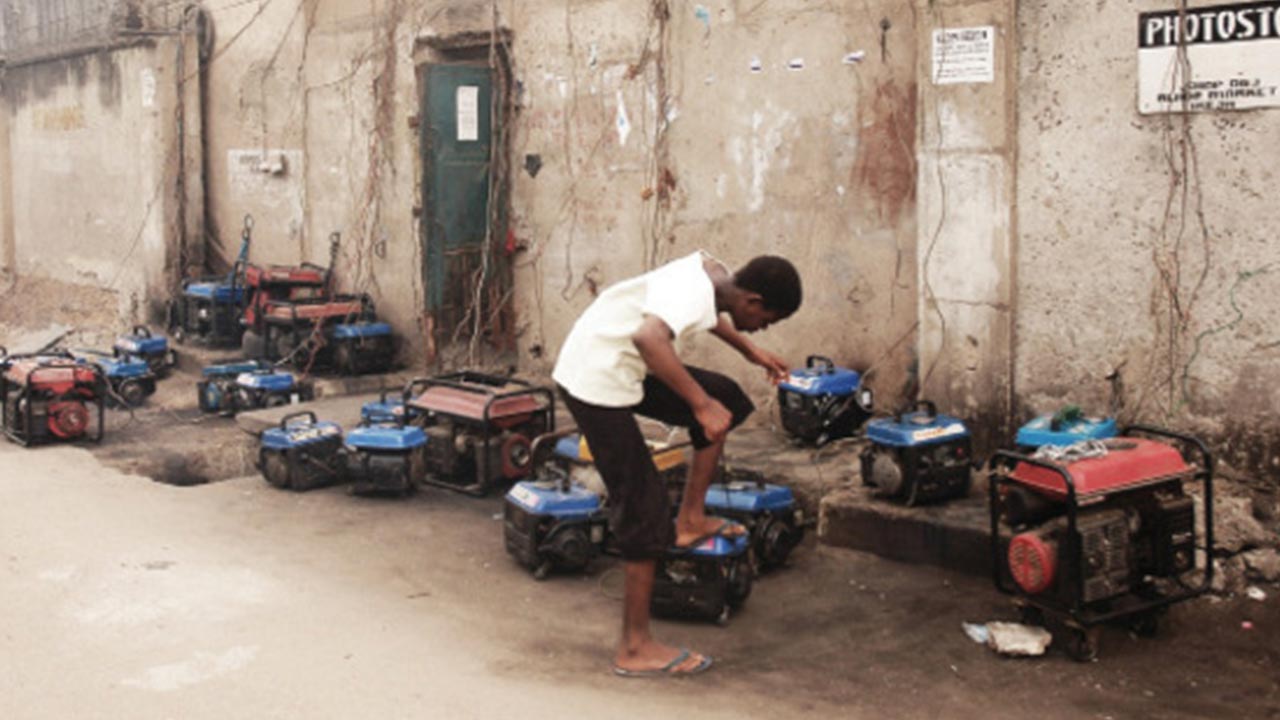Impact of coronavirus on air pollution: Is the virus curing the earth of humans?
There's been an unexpected benefit of the partial global lockdown: air quality has improved. But nothing has changed in Nigeria.

“Coronavirus good; humans bad.” “We were the virus all along.” Are some of the statements that have been making the rounds to commend the unplanned results of the near-global lockdown.
Most of the 183 countries with confirmed cases of coronavirus (AKA COVID-19) have been on lockdown to curb the outbreak of the deadly disease and flatten the curve, while scientists work on finding a foolproof vaccine.
In China — where the deadly disease broke out — and Europe, which has now become the hot spot of COVID-19, there have been a phenomenal reduction in carbon dioxide (CO2) emissions and nitrogen dioxide (NO2) concentrations.
According to Carbon Brief, China’s carbon emissions fell by 25% over four weeks. Also, observations from satellite images are showing significant reductions in NO2 concentrations across major European cities, including Paris, Madrid, Moscow and Rome, according to the European Space Agency. India, too, is seeing its pollution plummets.
The miraculous, ostensible benefit of coronavirus and the partial global lockdown is as a result of closed factories, markets, shops, churches, offices, parked cars, and empty freeways. Only people and companies providing essential services (and those who can work from home) are allowed to work in most developed countries.
# Has pollution reduced in Nigeria too? The situation is sadly different in Nigeria because of the country's peculiarity. The high level of poverty and lack of social welfare will only force people to choose between dying of hunger or contracting and spreading coronavirus.Hence, the state governments implemented a pseudo-lockdown. In Lagos, Abuja and Ogun states, for instance, market women selling food may operate every two days from 10 AM to 2 PM. Also, some state governors allowed their citizens to congregate in churches and mosques during the Easter holiday.
Another reason pollution has not reduced is because of the use of carbon-emitting alternative sources of power and continued activities of the oil and gas industry.
Nigeria gets more than 85% of its foreign exchange from oil production. Hence, rather than halt the operations of offshore oil companies, the Department of Petroleum Resources allowed staff on essential duties to travel to offshore or remote locations. Some oil companies have also adopted a 28-days rotation and provide a 14-days quarantine facility for their workers.
With the continuous production of oil and its attendant activities such as gas flaring, CO2 emissions would at best remain the same despite the lockdown in Nigeria — 110.7 million tonnes as of December 2018, according to World Data Atlas.

Similarly, the use of diesel and petrol generators by households as more people are now working from home would ensure an increase in noise and air pollution.
Nigerians rely heavily on carbon-emitting alternative sources of power because, even at full capacity of 5.4 gigawatts, the national grid cannot serve the nation’s 200 million population. More so, access to the national grid is limited and it collapsed more than 10 times last year.
Despite the ban on bulk importation of small petrol generators (AKA I better pass my neighbour in local parlance), their collective capacity is eight times more than the national grid. An estimated 22 million small generators are being used to power households and small businesses, according to Access to Energy Institute (A2EI).
“In my office, all the staff were instructed to work from home even before the lockdown started on March 31,” Rotimi, a media associate at an IT firm, said. “A week after the first case was confirmed on February 27, we were paid ₦10,000 allowance for petrol. Without my generator, working from home would have been impossible because I rarely have light.”
Attendants at filling stations along Oko-Oba road, Agege area, also confirm to me that since the lockdown began they’ve had more customers buying petrol in jerry cans. Jide, one of the customers I spoke with at Conoil filling station, said, “Once I pour this four litres of petrol in my small gen, I don’t worry about NEPA [sic] or light again. If I want to use it overnight, I just top it up before I sleep.”
Breathing polluted air caused by generators and CO2 emissions have been linked to many health problems including stroke, lung cancer, and heart disease. According to A2EI, 1,500 people die from inhaling generator smoke and carbon monoxide alone every year in Nigeria.
According to the State of the Global Air Report, air quality in Nigeria is among the deadliest in the world.
Climate action is needed for long-term climate change win
Meanwhile, researchers have warned that the unintended benefits of the partial global lockdown should not be mistaken as wins for climate change. Although the latest forecast made by experts at the Global Carbon Project shows CO2 emissions could dip by 5% this year — the largest amount since WWII.
The Director of Earth Science at the World Meteorological Organisation (WMO), Lars Peter Riishojgaard, has explained that any reduction in pollution and CO2 emissions are likely to be temporary. “It does not mean much for [the] climate,” he said.
“While in the short term, carbon dioxide emissions would go down as cars stay put and aircraft remain on the ground, we expect the impact will be fairly short-lived.”
Thus, the concerted effort of all stakeholders as they’ve rallied against the novel coronavirus is needed to move the needle on greenhouse gas emissions and global warming.
In essence, while Nigeria might not be missing out much in the short run, all hands must be on deck to achieve the objectives of Nigeria’s intended nationally determined contribution to climate change in line with the United Nations Framework Convention on Climate Change. Some of the objectives in the policy framework include, work towards ending gas flaring by 2030, improve electricity grid, smart agriculture and reforestation, and efficient gas generators.






